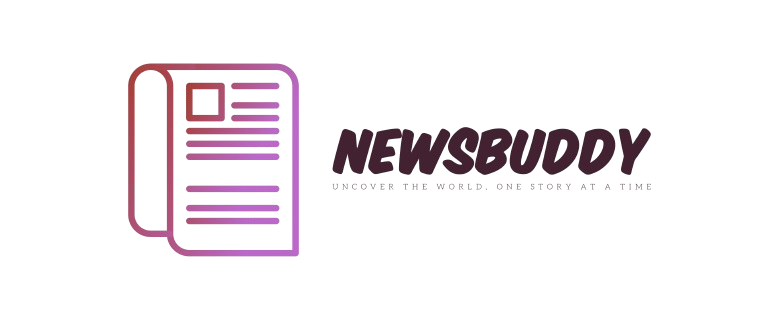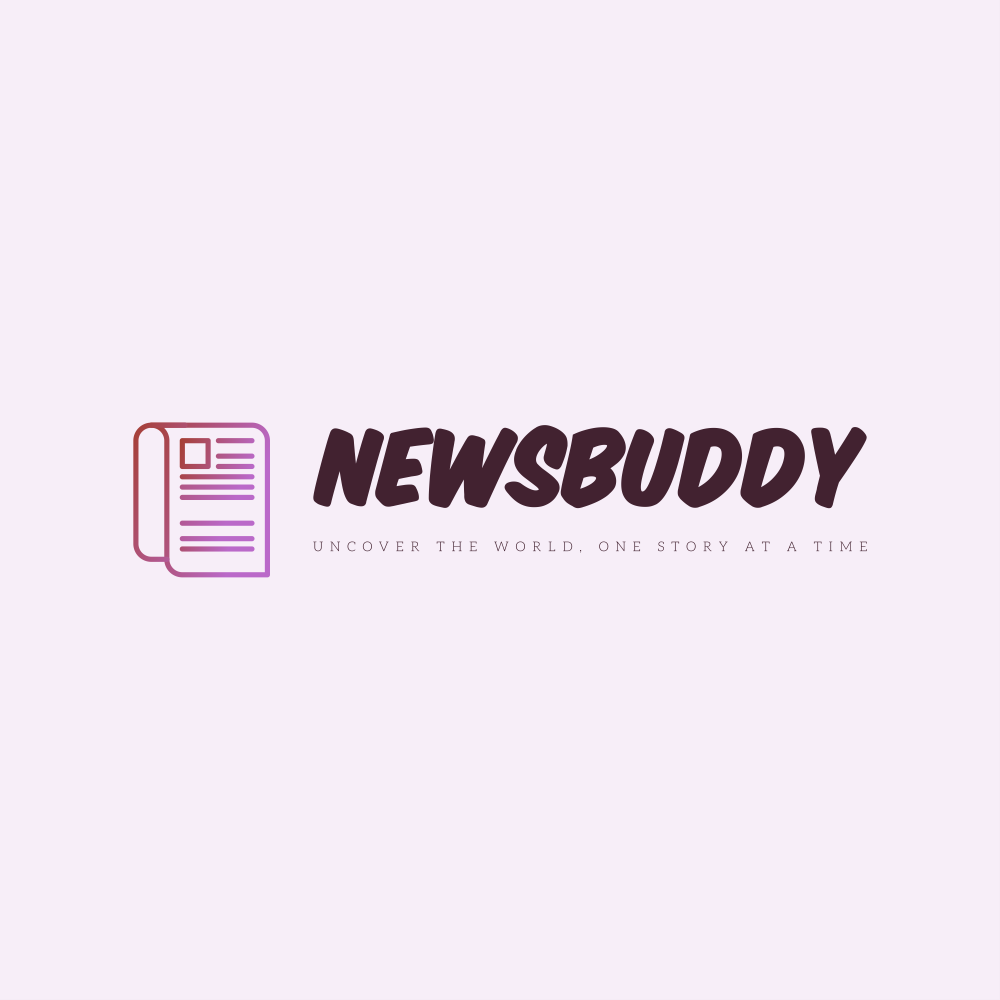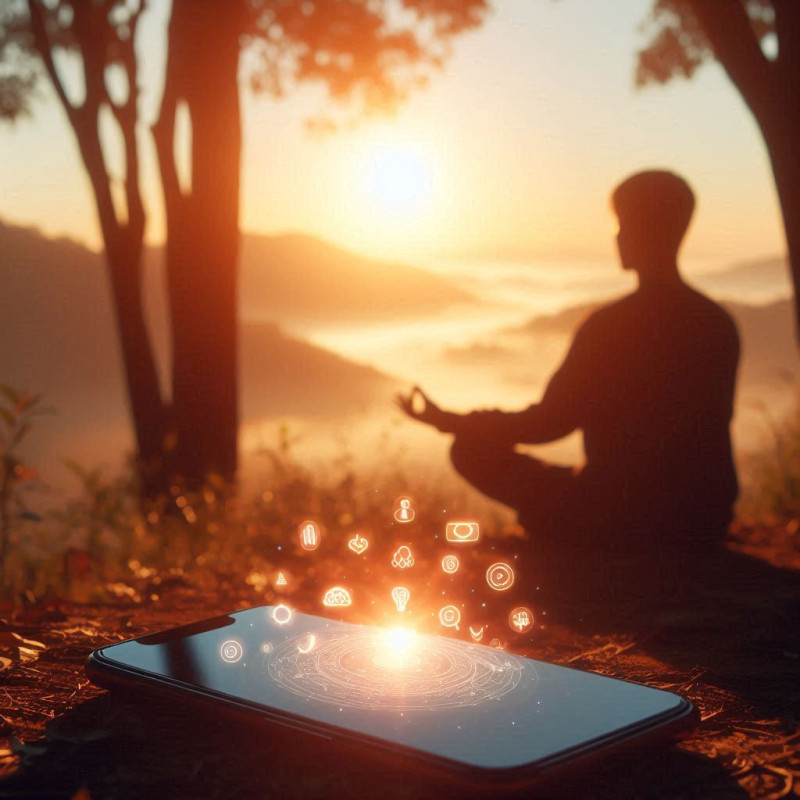Introduction:
In an era where screens dominate our lives, a new trend is emerging: intentional disconnection. From Silicon Valley CEOs to Gen Z influencers, people are embracing "digital detoxes" not just to recharge, but to boost creativity, focus, and mental clarity. But this isn’t your grandma’s screen-free Sunday—welcome to the next-level detox movement.
1. Why Digital Detoxes Are Trending in 2024
Screen fatigue: The average person spends 7 hours daily on screens (Statista, 2023).
Productivity paradox: Constant notifications fragment attention spans, reducing deep work.
Mental health wake-up call: Studies link excessive screen time to anxiety and sleep disorders.
The new twist: Detoxes are now strategic—think “micro-unplugging” during workdays, not just weekends.
2. The Science of Unplugging
Cognitive benefits: A 2024 UC Berkeley study found that 20 minutes of screen-free time boosts problem-solving skills by 34%.
Creativity spike: Boredom (yes, boredom!) triggers the brain’s “default mode network,” sparking innovative ideas.
Social revival: Face-to-face interactions increase empathy and reduce loneliness.
3. How to Design Your Modern Digital Detox
Step 1: Audit your screen time (use apps like ScreenZen or Moment).
Step 2: Start small:
“Phone-Free Mornings”: No screens for the first 30 minutes after waking.
“Notification Fasting”: Turn off non-urgent alerts from 9 AM–12 PM.
“Tech-Free Zones”: Ban devices from the dining table or bedroom.
Step 3: Replace scroll-time with analog activities (e.g., sketching, journaling, or walking).
4. Real-Life Wins
Maria, 31 (Content Creator): “A 1-hour daily detox helped me write my first eBook in 3 months.”
Jake, 45 (CEO): “No-email Fridays increased my team’s productivity by 20%.”
Zara, 19 (Student): “Swapping TikTok for library sessions improved my grades from B’s to A’s.”
5. The Dark Side: Why Detoxes Fail
FOMO: Fear of missing out drives relapse.
Work pressure: “Always on” cultures guilt employees into staying connected.
Tip: Use auto-responders to set boundaries (e.g., “I’m offline until 2 PM for focused work”).
Conclusion:
A digital detox isn’t about ditching tech—it’s about reclaiming control. By unplugging strategically, we unlock sharper focus, deeper creativity, and a more balanced life. Ready to power down to power up?



